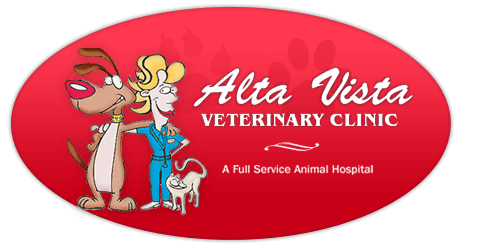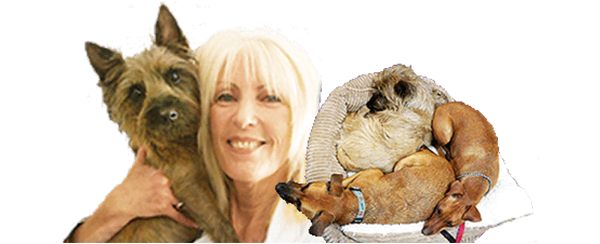What You Should Know About Obesity in Dogs
When you see pictures of a large, noticeably chubby dog, the sight might seem cute or amusing at first glance. However, a closer look at that extra fat reveals a more sobering picture. Obesity can lead to numerous health problems and shorten your dog's life expectancy unless you take steps to treat or prevent it.
If you want to give your beloved dog the happiest, healthiest, longest life you can, you need to understand the problem of canine obesity, from its common causes and health complications to the most effective ways to help your dog keep unwanted weight off. Start by absorbing the following key points on the subject.
1. Why You Should Care About Canine Obesity
According to the American Kennel Club, an estimated 56 percent of dogs carry more weight than they should. Unfortunately, this problem has grown so commonplace that the majority of owners can't tell the difference between normal weight and obesity in their dogs. As a result, obesity often goes untreated.
Obesity can threaten your dog's health in many ways. Fat has inflammatory properties and places body tissues under oxidative stress. These effects can raise a dog's risk for diabetes, urinary stones, cancer, and cardiovascular diseases. It can also worsen osteoarthritis in weight-bearing joints.
A dog of healthy weight will often outlive an obese dog of the same breed. However, your dog doesn't have to carry an absurd amount of extra weight to experience a shortened lifespan. Even a few extra pounds could reduce your dog's life expectancy by a couple of years.
2. Why Dogs Gain Excess Weight
A dog's weight can spiral out of control for many reasons. An owner may fail to adjust a puppy's diet after that puppy reaches adulthood. Since adult dogs require fewer calories than puppies, the excess can easily turn to fat. Dogs who receive table scraps also receive too much fat for their bodies to process easily.
Other physical challenges can cause or aggravate obesity in dogs. A senior dog with arthritis may naturally slow down, accumulating fat instead of burning it off through activity. Hormonal imbalances can also cause obesity.
3. How to Help Your Dog Shed Unwanted Pounds
If you suspect that your dog weighs too much, schedule a wellness evaluation. Your veterinarian can place your dog on a scale while also measuring its shape according to a body conditioning scale. Lab tests can determine whether some underlying disorder has contributed to unwanted weight gain.
Dietary strategies represent the first line of treatment against canine obesity. Your veterinarian may prescribe a special diet or simply recommend the elimination of large portions or table scraps. You can safely replace fatty treats with canine-friendly foods such as pumpkin, melon, green beans, and baby carrots.
Sedentary dogs may need to burn more calories to get back to a healthy weight. Your veterinarian can recommend an exercise plan that suits your dog's age, weight, and baseline health. You may need to start with short, easy exercise sessions, increasing the difficulty level as your dog's fitness improves.
4. How to Keep Your Dog From Getting Fat
Once your dog has reached a healthy weight, you must exercise diligence to help it maintain that weight level. If your dog hasn't grown obese, smart preventative measures can prevent the problem from occurring. Either way, ongoing weight management practices can help your dog thrive for many years to come.
If a prescribed weight-loss diet helped your dog lose weight, your veterinarian may now change that prescription to a weight-maintenance diet. A daily exercise routine will also help your dog remain trim. Interactive feeding toys can combine the two approaches by making your dog work for its treats.
Alta Vista Veterinary Clinic can help you keep your dog's weight under control so it can avoid the dangers of obesity. We offer preventative wellness exams and programs for puppies, adult dogs, and geriatric animals.
Contact our office today to schedule an evaluation and any necessary treatment for your dog.








